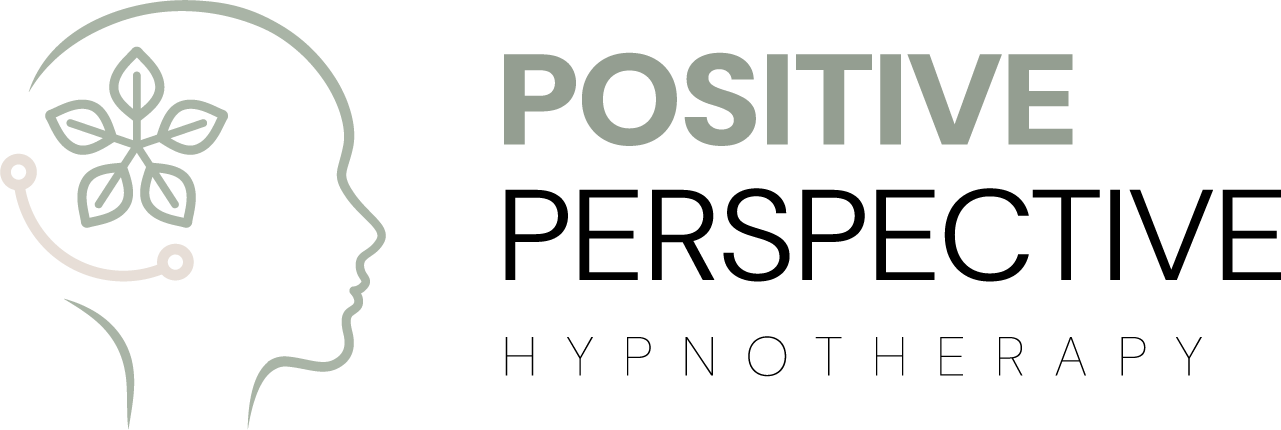May is recognised as Mental Health Awareness Month in many countries. May is a month full of life, light, and growth. Nature blooms in full force, inviting us to pause and notice the beauty and renewal all around us. It’s a time when the world feels fresh, vibrant, and full of possibility.
And yet, for many of us, May — or any particular time of year — may also stir deep memories and emotions. While nature blooms outside, we may find ourselves reflecting inwardly, revisiting feelings tied to significant people or moments in our lives.
As a Clinical Hypnotherapist, I often work with people who experience how powerful and emotional memories can be. Whether joyful or painful, our memories shape not only how we feel but also how we live and engage with the world.
This month, as nature invites us to bloom, it’s a valuable moment to reflect on the role of memories in our mental health and wellbeing.
What Are Memories and Why Do They Matter?
We often think of memories as static snapshots of the past, stored away in our minds. But neuroscience teaches us that memories are active and dynamic. Each time we recall something, our brain reconstructs the memory, reshaping it through the lens of our current emotions, mindset, and environment. This process, known as memory reconsolidation, means that memories are always evolving.
These memories—whether light or heavy—become part of how we view ourselves and the world. Positive memories can strengthen resilience, bring comfort, and remind us of what matters most. Difficult memories, if left unresolved or constantly re-triggered, can contribute to stress, anxiety, and emotional overwhelm.
The Neuroscience of Memory and Emotion
A key player in how we experience memories is the brain’s amygdala, which processes both emotion and memory. This is why certain memories — especially those tied to love, loss, or trauma — remain vivid and emotionally charged for years.
For example, the scent of lilac or blooming trees in May might instantly bring someone back to a specific time or person. Our brains link sensory experiences to emotion, creating deep and lasting imprints.
Understanding how memories and emotions are connected helps explain why we sometimes feel unexpectedly emotional at certain times of year or in response to specific triggers. It also offers hope: because the brain is constantly evolving, we have the ability to shape new responses and build healthier emotional patterns.
Longing and Love: Why Some Memories Stay Strong
One universal truth is that longing is closely tied to love. We miss deeply because we have loved deeply. That longing, while painful at times, is also a reflection of meaningful connection.
Many people find that memories of a loved one, while once rooted in grief, gradually transform into sources of strength, guidance, and quiet comfort. These memories become reminders not only of what has been lost but also of what continues to live within us — love, values, and inner wisdom that shape how we move forward.
Just as nature blooms each May, we too can choose to bloom, even while holding space for what we’ve lost.
How Hypnotherapy Supports Positive Change
While memories play a significant role in our emotional landscape, the good news is that we are not stuck with the emotional patterns they create. The brain’s natural plasticity means we have the ability to build new, healthier neural pathways that reflect the life we want to create.
In Solution Focused Hypnotherapy, the focus is not on revisiting or analysing past memories. Instead, we work with the brain’s natural ability to grow and change, guiding clients to form new patterns of thinking, feeling, and responding.
Through deep relaxation, hypnosis, and focused positive imagery, the brain becomes more receptive to constructive change — helping clients move forward with greater calm, clarity, and inner confidence.
This approach allows people to build confidence, manage stress, and develop habits that support their wellbeing — not by dwelling on the past, but by envisioning and creating a future that feels aligned, empowered, and peaceful.
Explore Hypnotherapy for Emotional Wellbeing
If you’re curious about how hypnotherapy can support your journey toward greater emotional wellbeing, clarity, and calm, I invite you to book a Free Consultation with me. Together, we can work toward building the resilience and confidence you need to feel grounded and ready to bloom — in May and beyond.
Wishing you a beautiful May!
Warmly,
Marta

